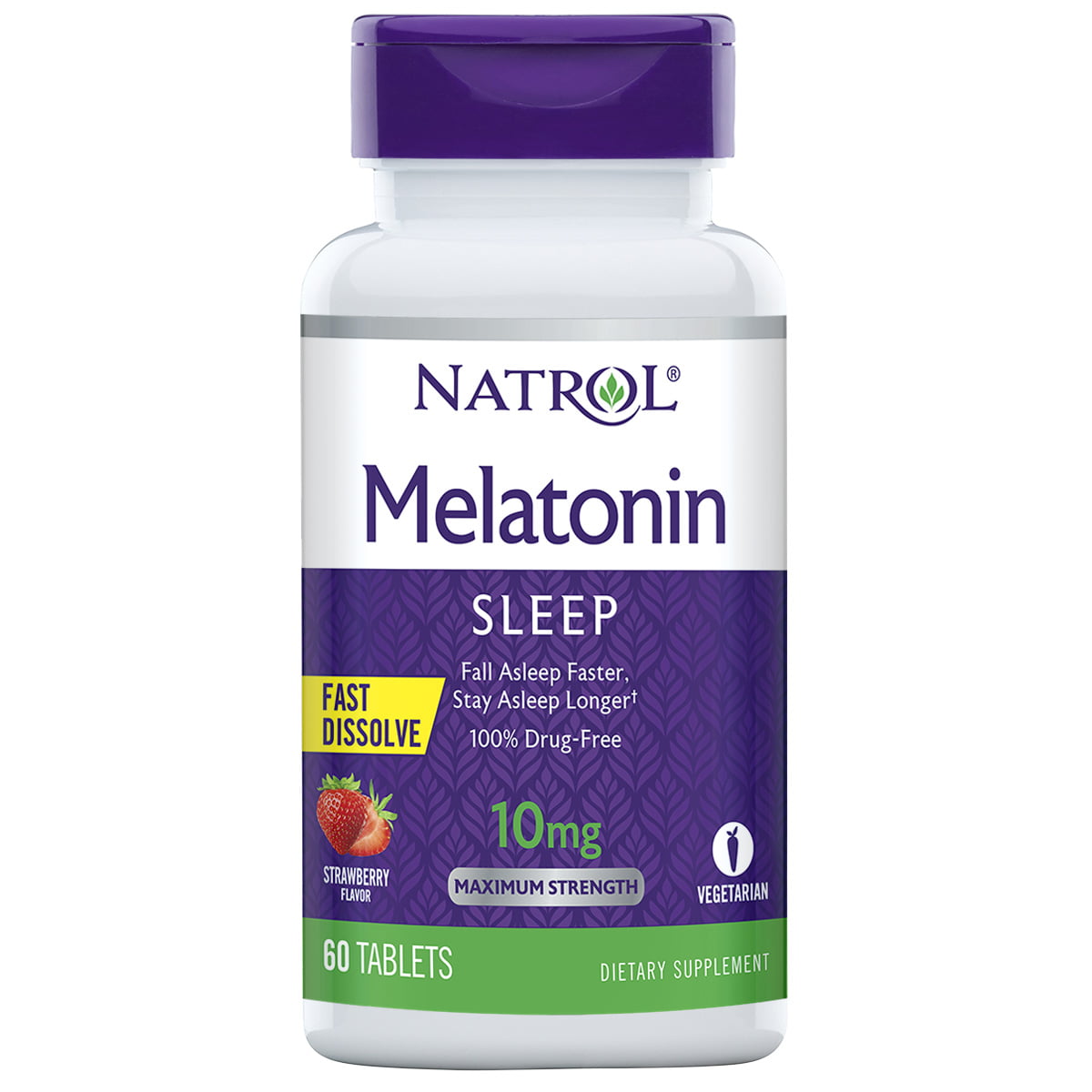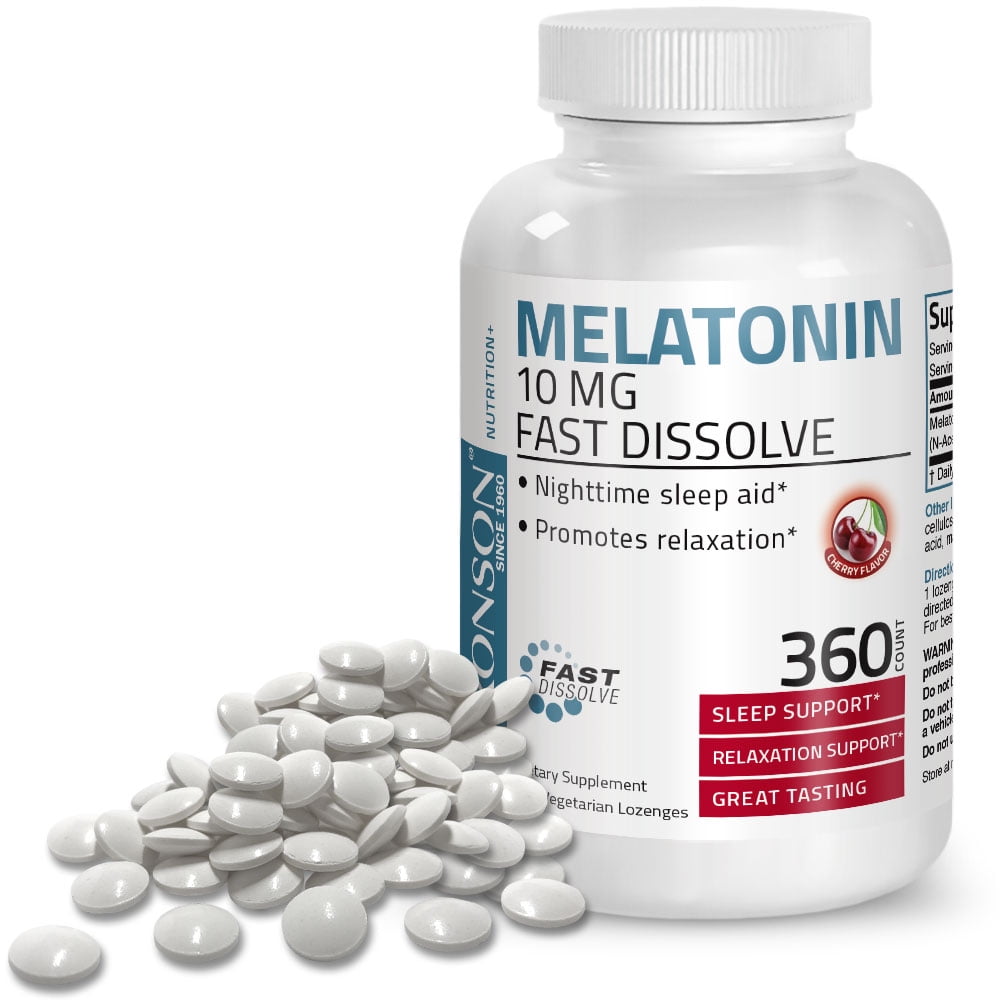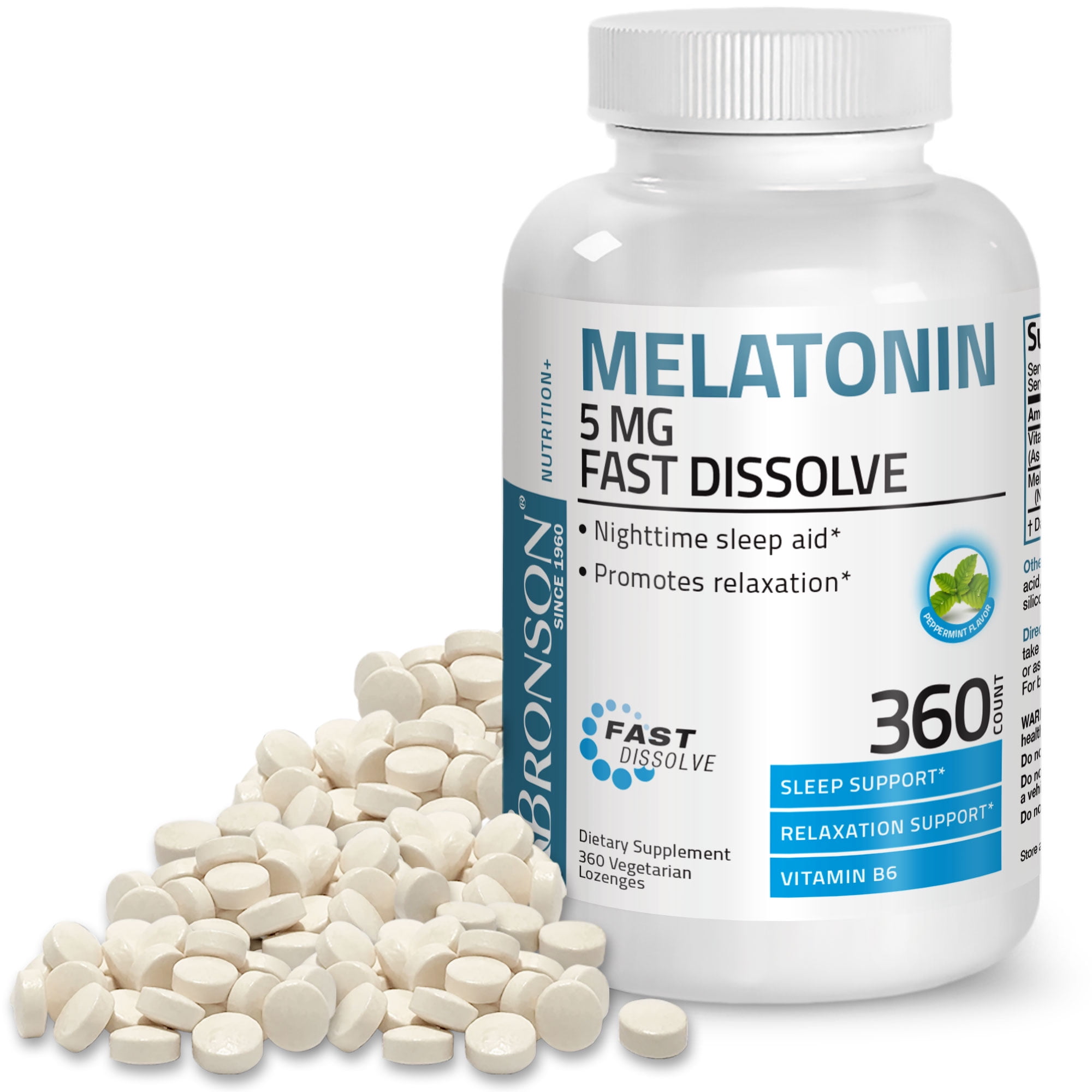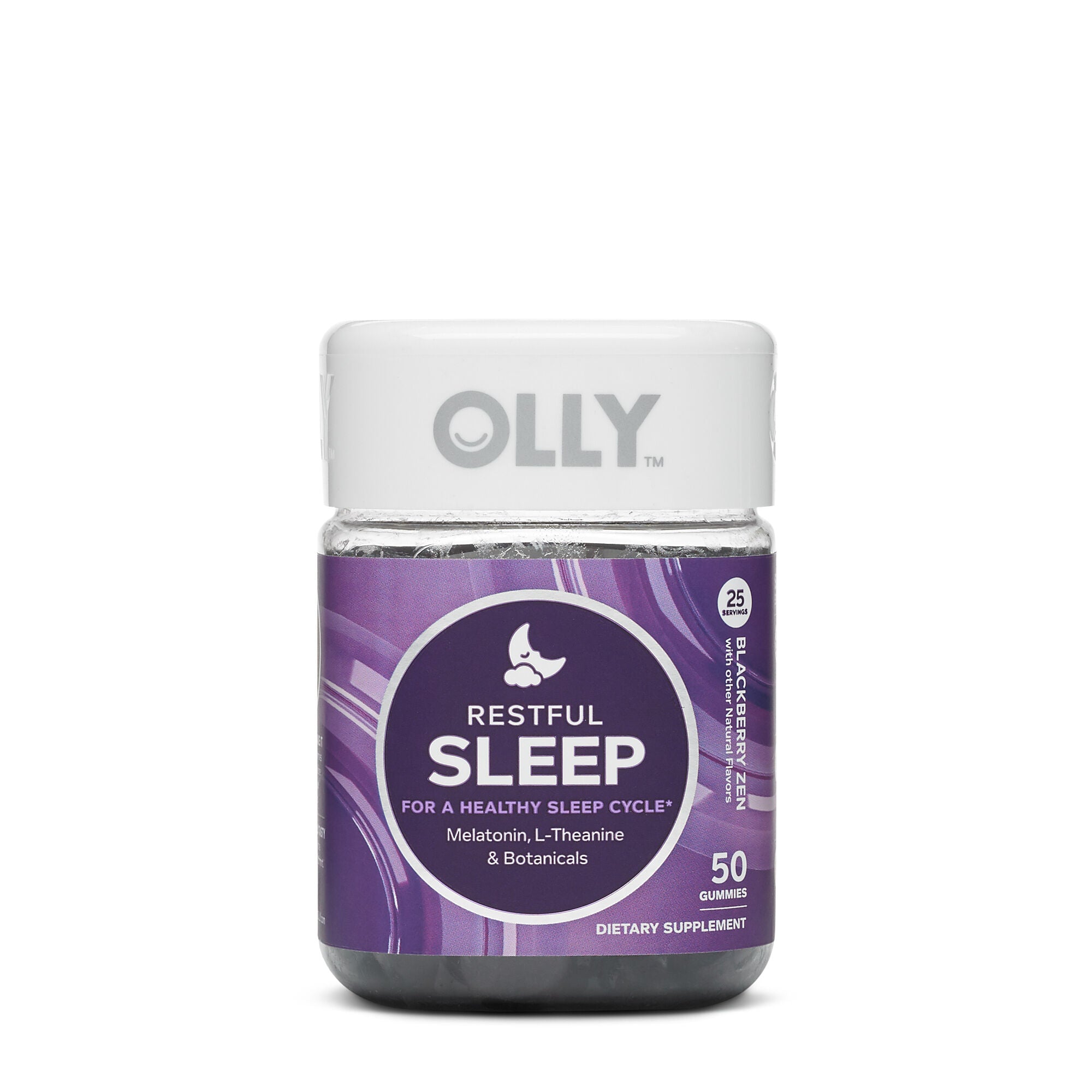


As with all dietary supplements, people who are taking medicine should consult their health care providers before using melatonin.Short-term use of melatonin supplements appears to be safe for most people, but information on the long-term safety of supplementing with melatonin is lacking. Because melatonin is a hormone, it’s possible that melatonin supplements could affect hormonal development, including puberty, menstrual cycles, and overproduction of the hormone prolactin, but we don’t know for sure.īecause of these uncertainties, it’s best to work with a health care provider if you’re considering giving a child melatonin for sleep problems.įor melatonin supplements, particularly at doses higher than what the body normally produces, there’s not enough information yet about possible side effects to have a clear picture of overall safety. For example, there are uncertainties about what dose to use and when to give it, the effects of melatonin use over long periods of time, and whether melatonin’s benefits outweigh its possible risks. Children with chronic sleep-onset insomnia fell asleep 24 minutes earlier and slept 25 minutes longer.īecause there aren’t many studies on children and melatonin supplements, there is a lot we don’t know about the use of melatonin in children.Children with atopic dermatitis fell asleep 6.8 minutes earlier and slept 35 minutes longer.Children with ADHD fell asleep 20 minutes earlier and slept 33 minutes longer.Children with ASD fell asleep 37 minutes earlier and slept 48 minutes longer.The list below shows the review’s results on melatonin’s short-term effects for children with specific conditions. The effects of melatonin on behavior and daytime functioning, however, weren’t clear because the studies used different ways to measure these outcomes. Overall, the studies showed that melatonin was better than placebo for improving both the time to fall asleep and total sleep. Most of the studies were small, and all were relatively brief (1 to 13 weeks). A 2019 review looked at 18 studies of melatonin supplements that included a total of 1,021 children.However, guidelines for specific conditions recommend behavioral treatments, such as good bedtime habits and parent education, as an initial treatment that may be supplemented with medicines. There are no overall guidelines on the best approach to improving sleep in children.

Children with certain conditions, such as atopic dermatitis, asthma, attention-deficit hyperactivity disorder (ADHD), or autism spectrum disorder (ASD), are more prone to sleep problems than other children. Sleep problems in children can have undesirable effects on their behavior, daytime functioning, and quality of life.

Those improvements included falling asleep an average of 34 minutes earlier, better sleep during the first third of the night, and better daytime functioning.
Olly melatonin versus olly sleep trial#


 0 kommentar(er)
0 kommentar(er)
